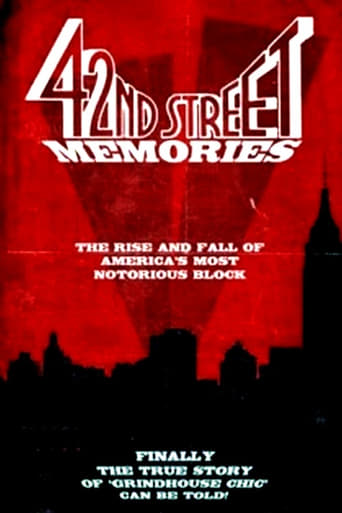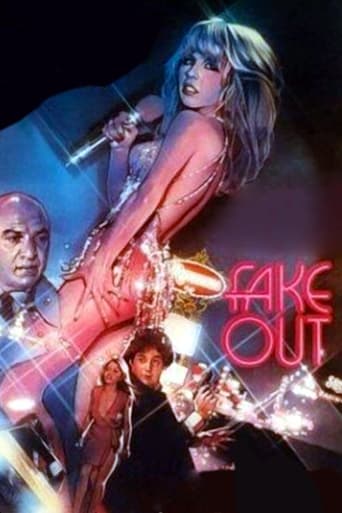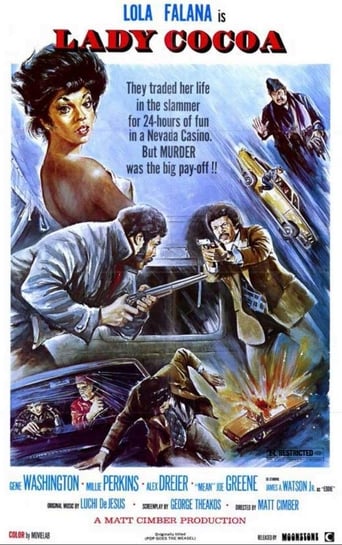Matt Cimber
Writer, director and producer Matt Cimber was born as Matteo Ottaviano in 1936 and began his career in the early 60s directing off-Broadway plays including works by F. Scott Fitzgerald, Tennessee Williams and the US premieres of the Jean Cocteau trilogy. During his theater years, Cimber rewrote Burning Bright with John Steinbeck which introduced Sandy Dennis who went on to win an Academy Award for Who's Afraid of Virginia Woolf? (1966) . Cimber then directed the Broadway revival of Bus Stop, where he met future wife Jayne Mansfield. Matt made his cinematic directorial debut with the offbeat Single Room Furnished (1966), which was also Mansfield's last movie. He followed this movie with the film The Sexually Liberated Female (1970) which was based on a best-selling book The Sensuous Female by J. As the screenwriter / director of this film, Cimber made a satire which required the title be changed for release because the publisher rescinded the rights. Cimber did three immensely enjoyable blaxploitation pictures in the mid 70s: The Black 6 (1973), Lady Cocoa (1975) and the terrifically trashy The Candy Tangerine Man (1975) which was also Samuel L. Jackson 's favorite film. Matt made a rare foray into the horror genre with the disturbing psychological shocker The Witch Who Came from the Sea (1976). His next work was based on a Mario Puzo story, a World War II drama A Time to Die (1982) starring Rex Harrison. Later that year Matt teamed up with Pia Zadora for two films: the underrated Butterfly (1981) and the fun Fake-Out (1982). Butterfly (1981) was the master filmmaker Orson Welles last film for which he received one of the film's three Golden Globe nominations. The following year Matt joined forces with actress Laurene Landon for the delightful action/adventure romps Hundra (1983) and Yellow Hair and the Pecos Kid (1984). Quentin Tarantino is quoted as saying Matt Cimber films were among his favorite. In the late 80s, Cimber created and directed the successful TV series GLOW: Gorgeous Ladies of Wrestling (1986) . The show was lasted for four seasons on 103 stations in the US. More recent years of Cimber's work were dedicated to a documentary genre. He wrote and directed "An American Icon: Coca-Cola, the Early Years" (1997) and "The History of United Nations" (1996). He created and wrote the eight-minute intro for visitors to the United Nations for which he received a special commendation from the UN. After a twenty years absence in motion picture production, Matt Cimber made a comeback with the independent drama Miriam (2006).
Azwiho: Directing
Isabukuru: 1936-12-01
Aho yavukiye:
Birazwi kandi: Rinehart Segway, Matteo Ottaviano, Gary Harper, Huntington Schtup

 11tv.pw
11tv.pw



